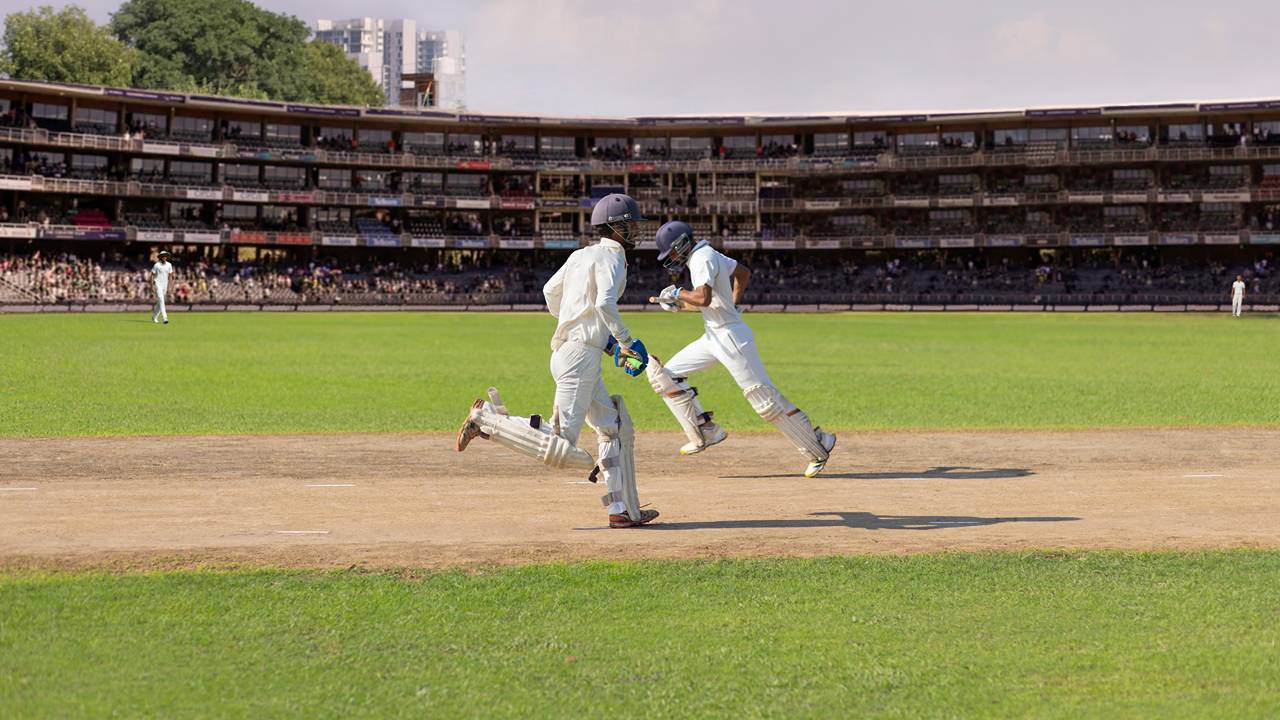Health Check: Painchek strives to Make American Aged Folk Comfortable Again
Painchek is eyeing a US market of 1.7 million aged-care beds for its mobile-based pain detection tool.

Stockhead
Don't miss out on the headlines from Stockhead. Followed categories will be added to My News.
Painchek is eyeing a market of 1.7 million US aged-care beds for its pain-detection device
Genetic Signatures sizes up a $400 million US market
The latest thrills and spills at life sciences AGMs
PainChek (ASX:PCK) lodged a US Food & Drug Administration (FDA) application for what would be the agency’s first approved pain-assessment tool for the aged-care market.
With 1.7 million Americans residing in long-term aged-care homes, the stakes are high for Painchek, which has already built a meaningful presence in the Australian and UK markets.
Painchek’s eponymous, mobile-based tool enables carers to detect pain experienced by patients who are unable to enunciate it (notably moderate to severe dementia sufferers).
The assessment is based on an algorithmic analysis of nine micro-facial expressions.
As of the end of September, Painchek had contracts covering 61,047 beds in Australia – about 30% of the addressable market.
In the UK, the company has dibs over 39,275 beds, a circa 8% market share.
In the September quarter the company reported annual recurring revenue (from contracted licences) of $4.81 million, 31% up on the year.
As well as eyeing old and pained US citizenry, the company is also developing a Painchek version for pre-verbal children, whose discomfort is often dismissed as teething or merely being stroppy.
With 400 million pre-verbal kids, this market is bigger than the aged care one.
Painchek shares climbed 10% to 3.1 cents.
Genetic eyes $400 million US tummy bug market
Molecular tester Genetic Signatures (ASX:GSS) is also striving to Make America Comfortable Again as it prepares its US rollout of its assay to test for eight gastrointestinal bugs at once.
The Easyscreen test enables syndromic testing – that is, screening of the majority of pathogens that are likely to be responsible for the same patient symptoms.
At today’s AGM, Genetic’s new CEO Allison Rossiter said the company was “well advanced” with its US rollout, with a sales pipeline of 60 sites.
The company estimates a total addressable market of $400 million, of which it is striving for a 40% share within five years.
Currently 5.5 million conventional, microscope-based tests are done annually in the US, but these are labour-intensive, unreliable and uneconomic for many labs.
At least that’s what Genetic says.
The detectable eight bugs have long Latin names, but readers would be familiar with Giardia and Cryptosporidium.
After the FDA approved the test in early June, the company wasted no time raising $30 million, at 75 cents apiece.
The shares have firmed 75% so far in calendar 2024 and were steady at 72 cents this morning.
Still, they remain well below their dizzy pandemic heights of $2.60 in mid 2020.
Just for Clarity, we’re genuinely home-grown
At today’s Clarity Pharmaceuticals (ASX:CU6) AGM, executive director Alan Taylor claimed the nuclear medicine group was “now the largest ASX-listed pharmaceutical biotechnology company by capitalisation built purely from the bench top of great Australian science”.
By Jove! With Clarity’s market cap climbing 380% this year to more than $2 billion, he could be right.
But what about the $130 billion market cap CSL (ASX:CSL)?
“Although CSL is a wonderful Australian biotech company, its origins of being a government entity focused on blood products for the first 70 years … make it a very different prospect than translating university research from the bench top,” Taylor said.
We might have thought Cochlear (ASX:COH) and ResMed (ASX:RMD) also had dibs on the ‘Australia’s biggest’ claim – but we guess one has to take a granular view of the origins of the tech.
What’s not in dispute is that Clarity’s copper-isotope based imaging and therapeutic tech evolved from the Australian National University and was progressed at the University of Melbourne.
Clarity’s more pertinent news is that its two prostate cancer registrational phase III trials – dubbed Clarify and Amplify – are progressing well.
The company hopes the results will support an FDA approval application pertaining to patients with confirmed prostate cancer pre-prostatectomy, as well as patients with a recurring cancer.
The company has FDA fast-track status for the pre- prostatectomy indication.
On Monday, Clarity also announced an investigator-initiated trial, phase II trial at St Vincent’s Hospital, evaluating the performance of Clarity’s prostate cancer detection relative to the standard of care.
Clarity shares were up 2% to $6.40.
Strike and spill watch
Biotechs facing a second strike on their remuneration report are having a mixed experience with some emerging unscathed, some shaken and some stirred.
At Island Pharmaceuticals' (ASX:ILA)AGM on Tuesday, 92% of holders rejected the ‘rem’ report. Given the report also was knocked back last year, that constituted a second strike and a subsequent motion to spill the board which was endorsed by 98% of holders.
Motions to issue options to director Albert Hansen were also knocked back but investors were happy enough for options to be issued to CEO David Foster at the same 15 cent strike price … so go figure.
At Atomo Diagnostics (ASX:AT1), 44% of holders knocked back the ‘rem’ report – bearing in mind the rejection threshold is 25% – but the spill motion was defeated by 53% of holders (compared with a 50% threshold).
With Paradigm Biopharmaceuticals (ASX:PAR), 25.33% of holders knocked back the rem report last year – a slender defeat – but only 18% were inclined to do so this year.
Island shares were steady at 18 cents, Paradigm shares crept up 4% to 25.5 cents and Atomo shares marked time at 2 cents.
At Stockhead, we tell it as it is. While Paradigm and Island are Stockhead advertisers, they did not sponsor this article
Originally published as Health Check: Painchek strives to Make American Aged Folk Comfortable Again







